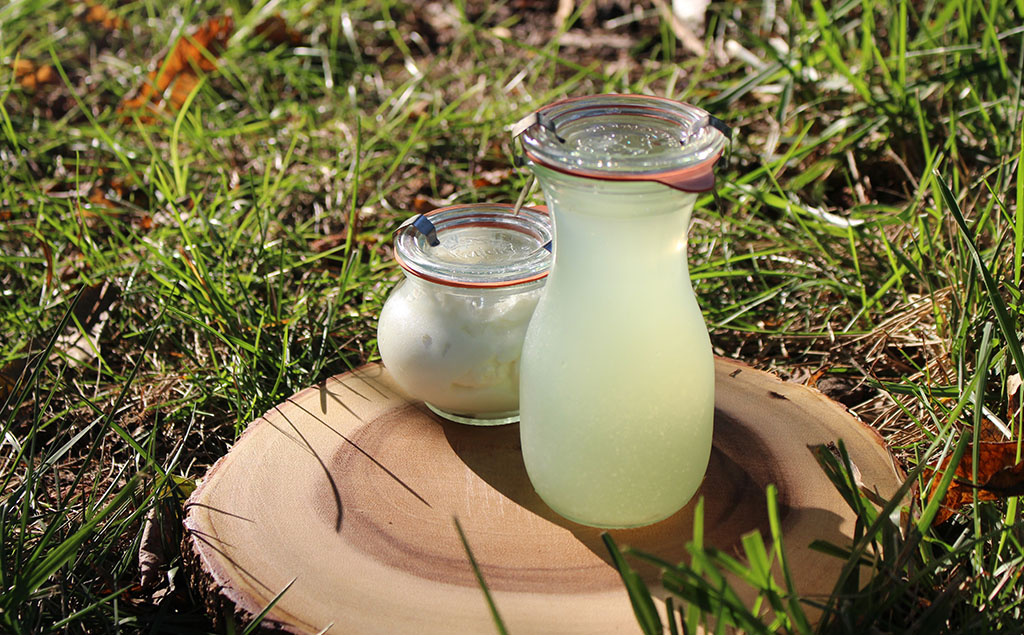
Whey The Liquid Gold in Kefir Cultured Food Life
The longer you drain the milk kefir the more whey it will produce. and your kefir will become thicker. Uses for thickened kefir: a substitute for yogurt, spreadable cheese, or cream cheese in recipes. How to use the kefir whey: as a starter culture for your fermented foods and for soaking beans,. Add the whey to your shakes, soups, and stews.
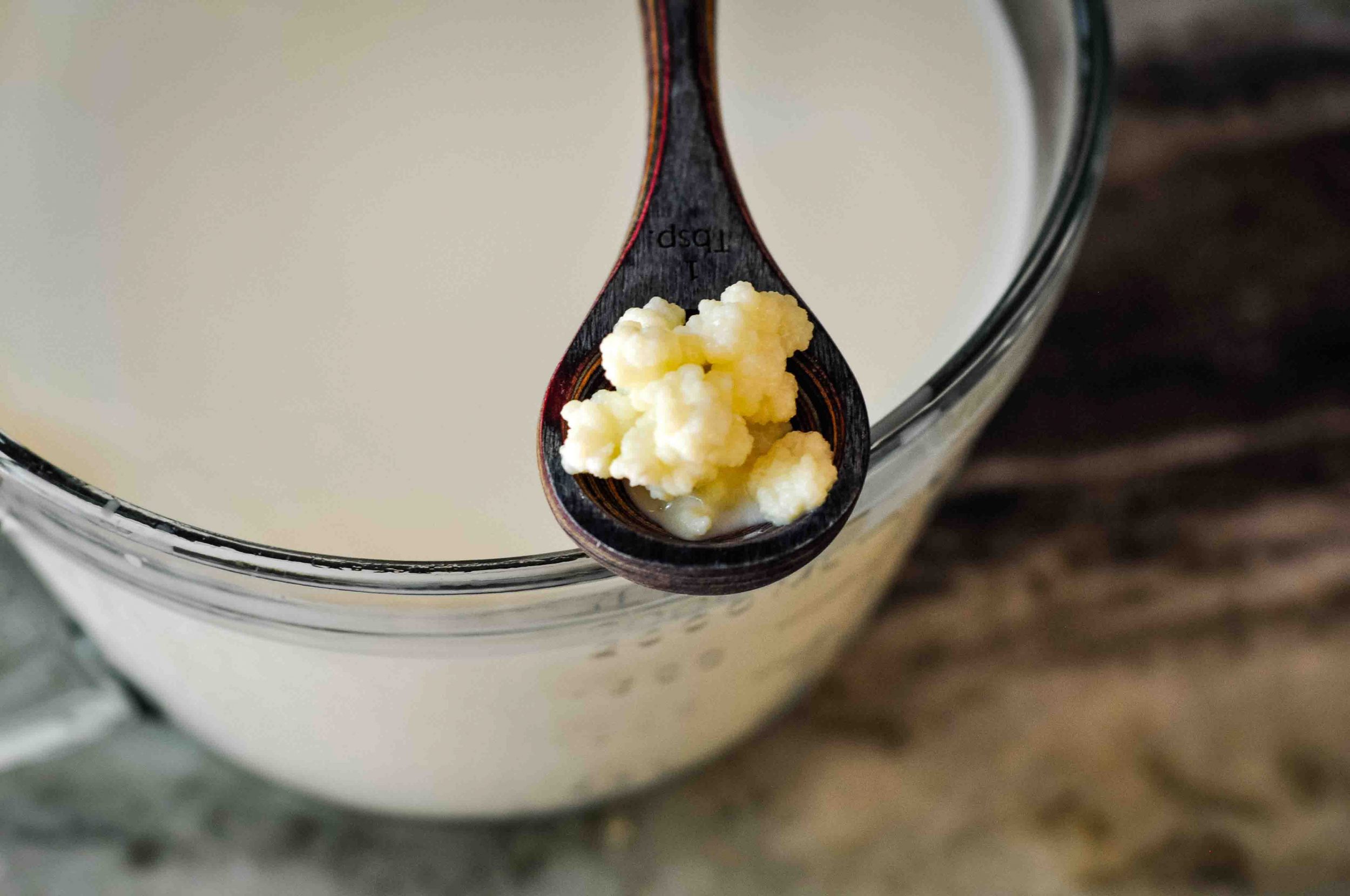
How to Make Milk Kefir (the ULTIMATE guide your questions answered!)
Step 2: Strain your kefir. - Pour the mixture through a strainer, catching the liquid in a bowl, and use a wooden spoon to push the grains against the strainer and catch all the excess liquid. You.
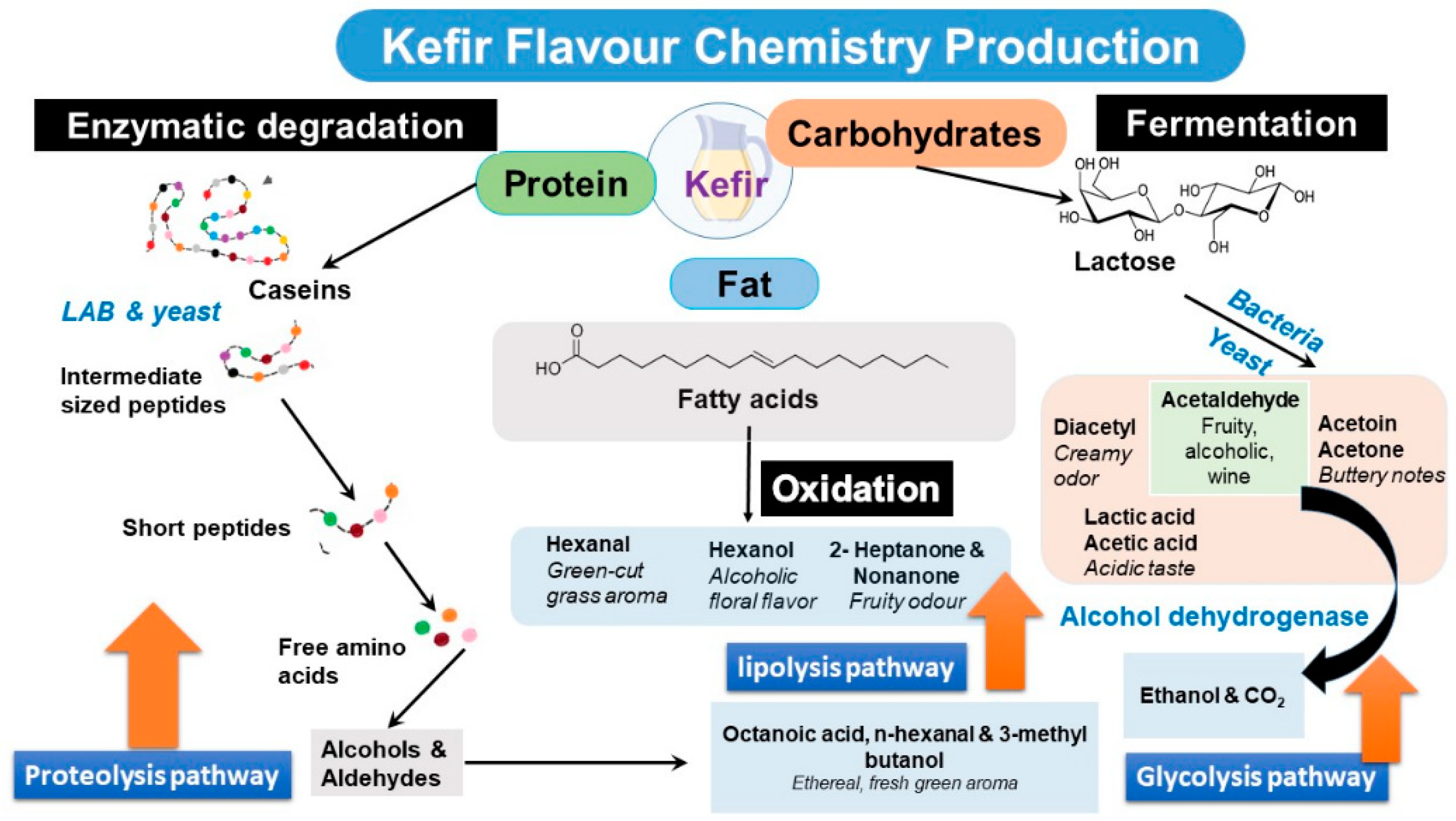
Camel Milk Kefir Nutrition Besto Blog
Kefir still contains casein and whey, the proteins that cause allergic reactions. If you have a known milk allergy, you shouldn't drink kefir. Adverse Effects . For most people, kefir is a nutritious, probiotic-rich addition to the diet. But for some, it may cause gastrointestinal distress in the form of gas or intestinal cramping.
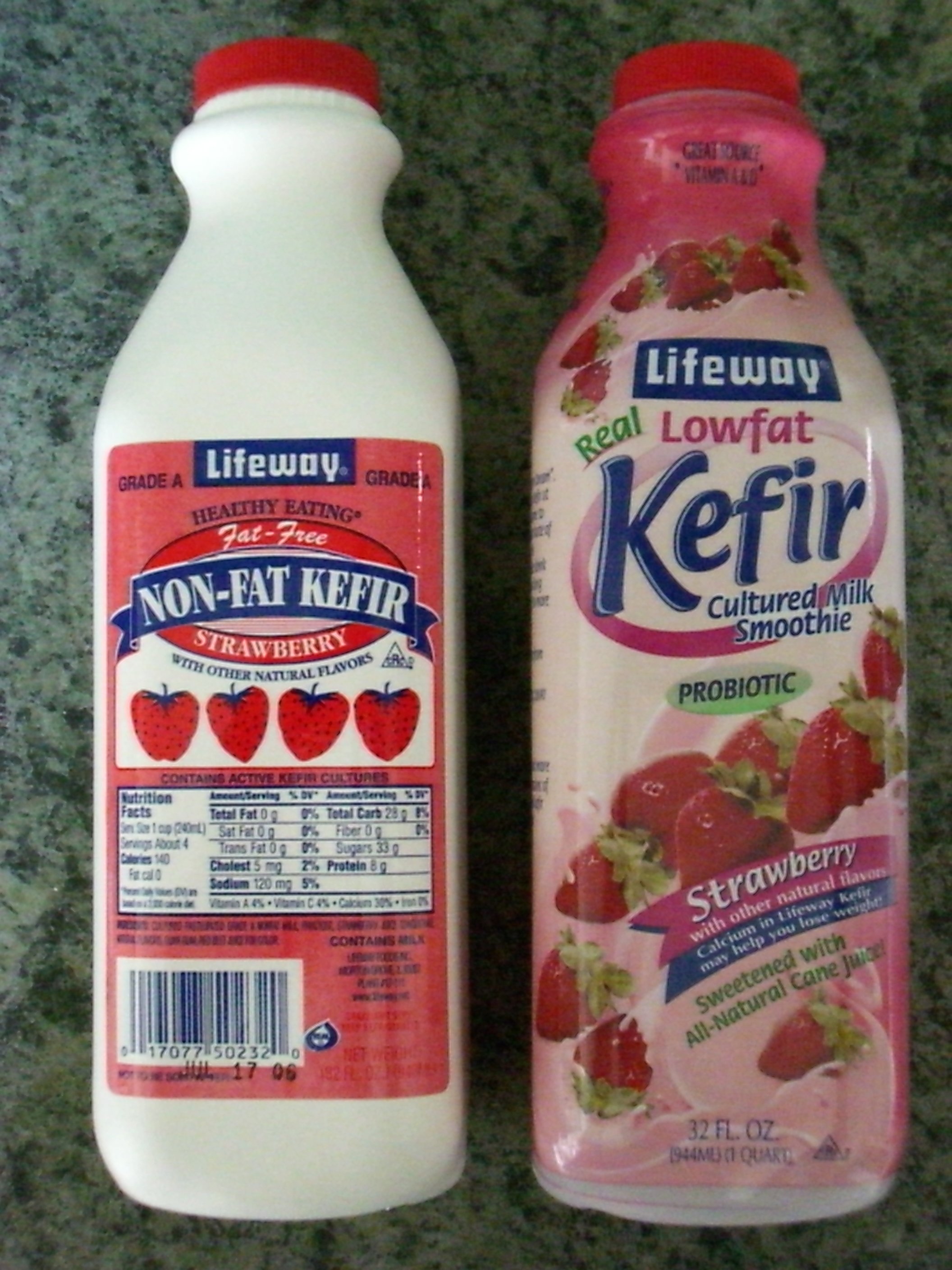
Kefir Keefe Clinic
Protein: 9 grams. Calcium: 24% of the daily value (DV) Phosphorus: 20% of the DV. Vitamin B12: 29% of the DV. Riboflavin (B2): 25% of the DV. Magnesium: 7% of the DV. Vitamin D: 12% of the DV. In.

9 Reasons You Should Be Drinking Kefir — Lifeway Kefir Kefir, Kefir
The kefir in the photo is brewing as per the common method explained above. Just prior straining, the contents is gently stirred to mix together curds and whey— those layers or pockets consisting of a thick white mass [curds] and pale yellow liquid [whey or to be more precise kefir-whey].The colour of kefir-whey can vary.
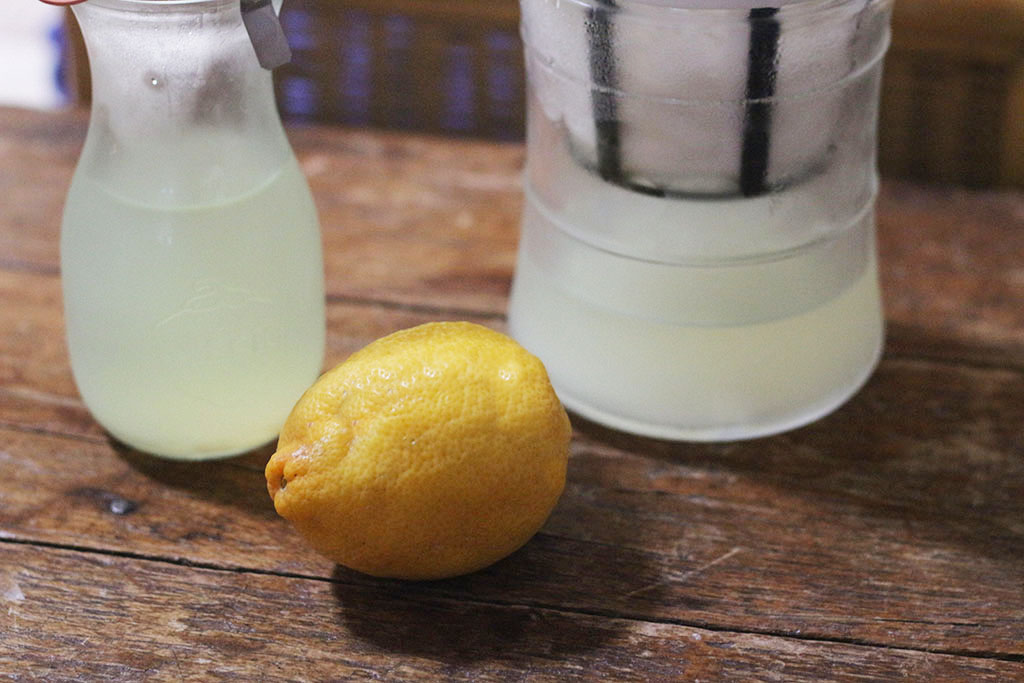
Whey The Liquid Gold in Kefir Cultured Food Life
When you make kefir cheese, the whey has most of the carbs and the cheese has most of the protein. So the breakdown goes like this: based on 1 cup of fat-free milk; the whey contains 83% carbs; 3% fat; and 14% protein. The whey liquid is carbohydrates in the form of lactose or milk sugar. A 1-cup serving of regular whey contains nearly 12.6 g.
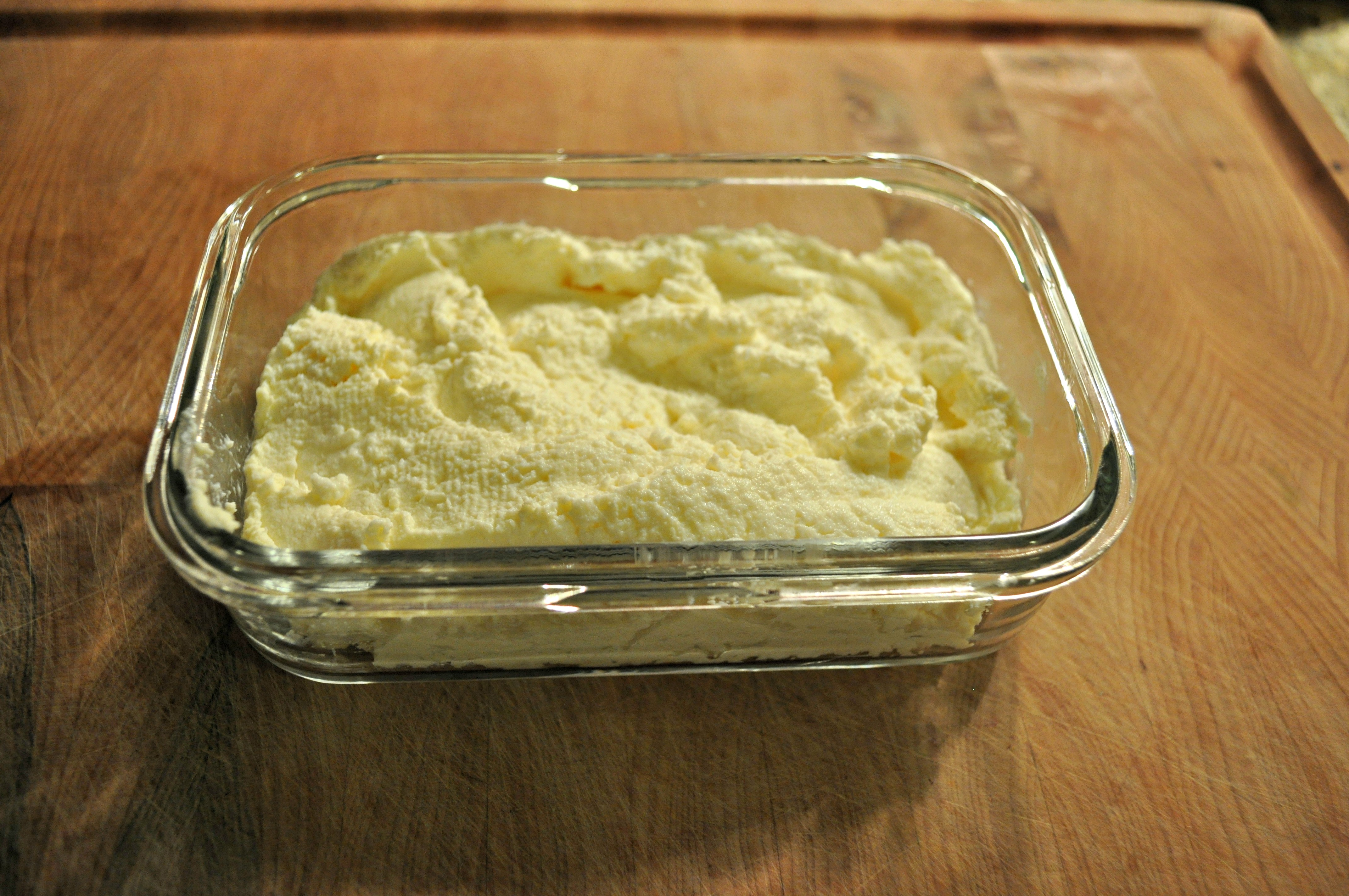
How to make Kefir Cheese and Whey Homemade Mommy
To make the kefir: Wash hands with soap and water. Sterilize the jar by washing with soap and hot water. Leave to air-dry upside down on a clean drying rack. When dry, add milk to the glass jar.

12 Pack Raw Milk Kefir The Family Cow
INSTRUCTIONS: Set a colander in a bowl; lay a coffee filter, cloth, or bag in the colander. Pour milk kefir into the cloth. Gather up the edges and hang above a bowl or jar to drain for 2-24 hours. The longer the draining period the more whey it will produce and the thicker the kefir will become. Use the resulting thickened kefir in place of.

Whey The Liquid Gold in Kefir Cultured Food Life Kefir, Kefir
Pour in the amount of required milk (remember, 2 teaspoons of grains for every 1 cup of milk). Stir gently with a wooden spoon. Place a lid on the kefir, or a coffee filter secured with a rubber band. Allow to culture at room temperature for 12-48 hours, or until thickened.
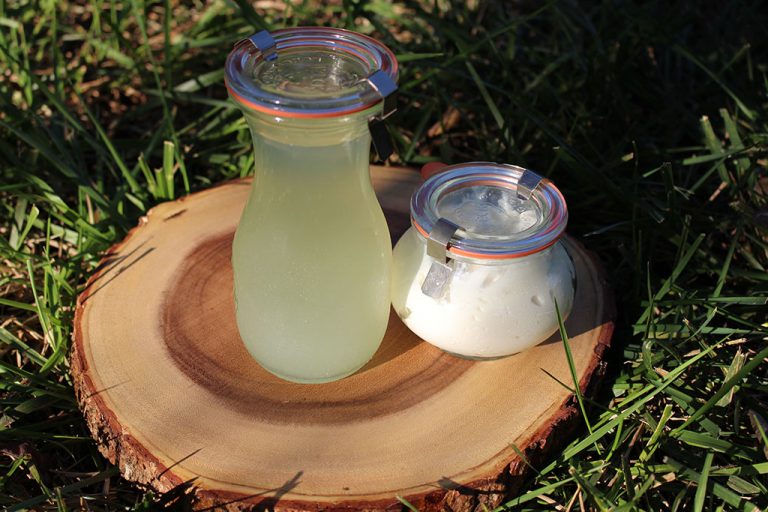
43 Ways to Use Kefir Cheese Cultured Food Life
One cup of kefir whey made with non-fat milk has roughly 37 calories: 1 gram of fat, 2 grams of protein, and 5 carbohydrates. This can change based on the length of fermentation and the type of milk you use. One cup of kefir cheese made with whole milk or curds would have 61 calories, 4 grams fat, 6 grams protein, and 1-2 carbohydrates.
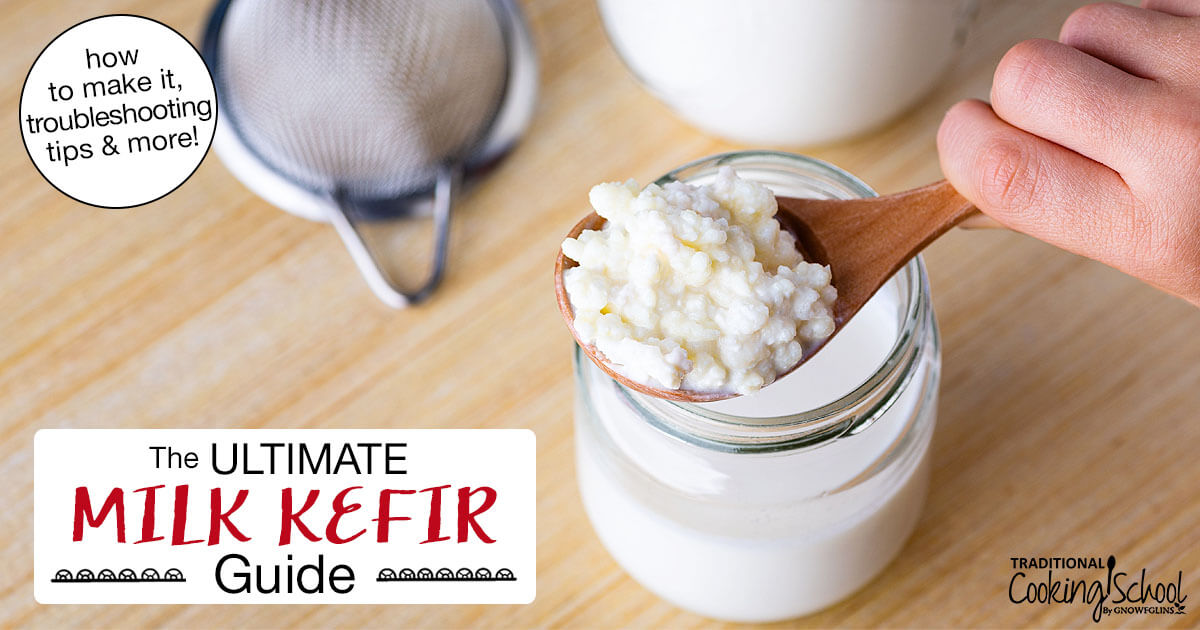
ULTIMATE Milk Kefir Guide (how to make it, troubleshooting tips & more!)
Whey has less Vitamin A RAE, Phosphorus, and Calcium than Kefir. Kefir covers your daily need of Vitamin A RAE 19% more than Whey. These are the specific foods used in this comparison Whey, sweet, fluid and Kefir, lowfat, plain, LIFEWAY.
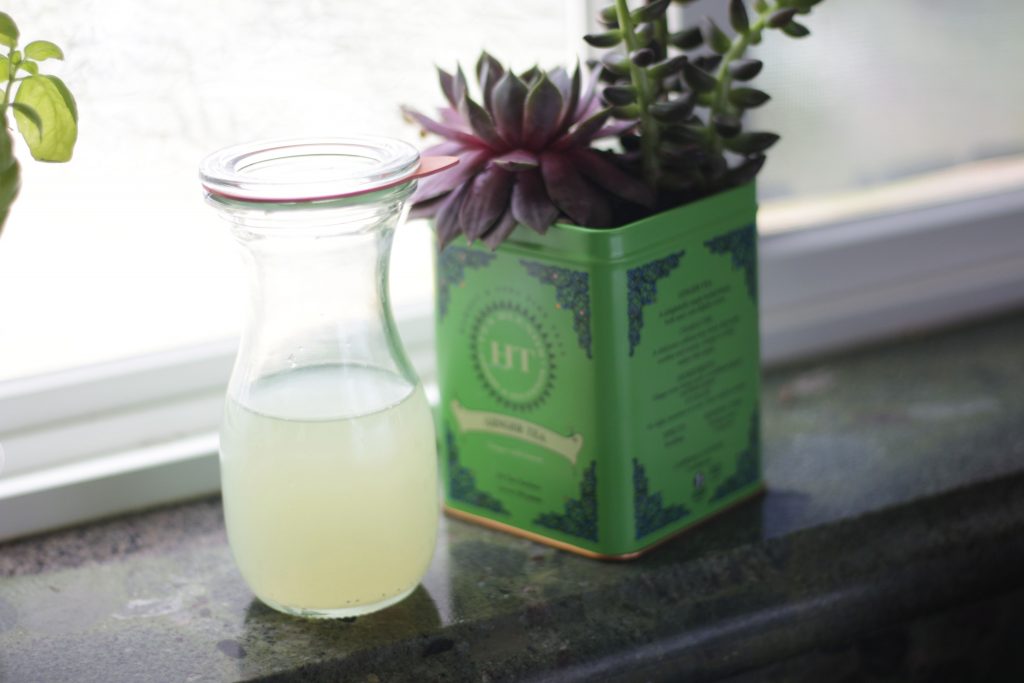
Whey The Liquid Gold in Kefir Cultured Food Life
Kefir contains several compounds that help to strengthen bone and reduce the risk of bone density loss. Bone loss is otherwise known as osteoporosis, and it is a disease that can cause bones to become increasingly weak and brittle. Unfortunately, this can increase the risk of falls and fractures in the elderly.

Mama Schquigs Lifeway Kefir
to lacto ferment vegetables and fruits. to soak grains, nuts and seeds. as a milk or buttermilk substitute in baking. to change the pH of your garden soil. as extra food for pets. to tenderize meat. Some people even use it as a hair conditioner or to make a face mask! There are tons of different ways to use extra whey.
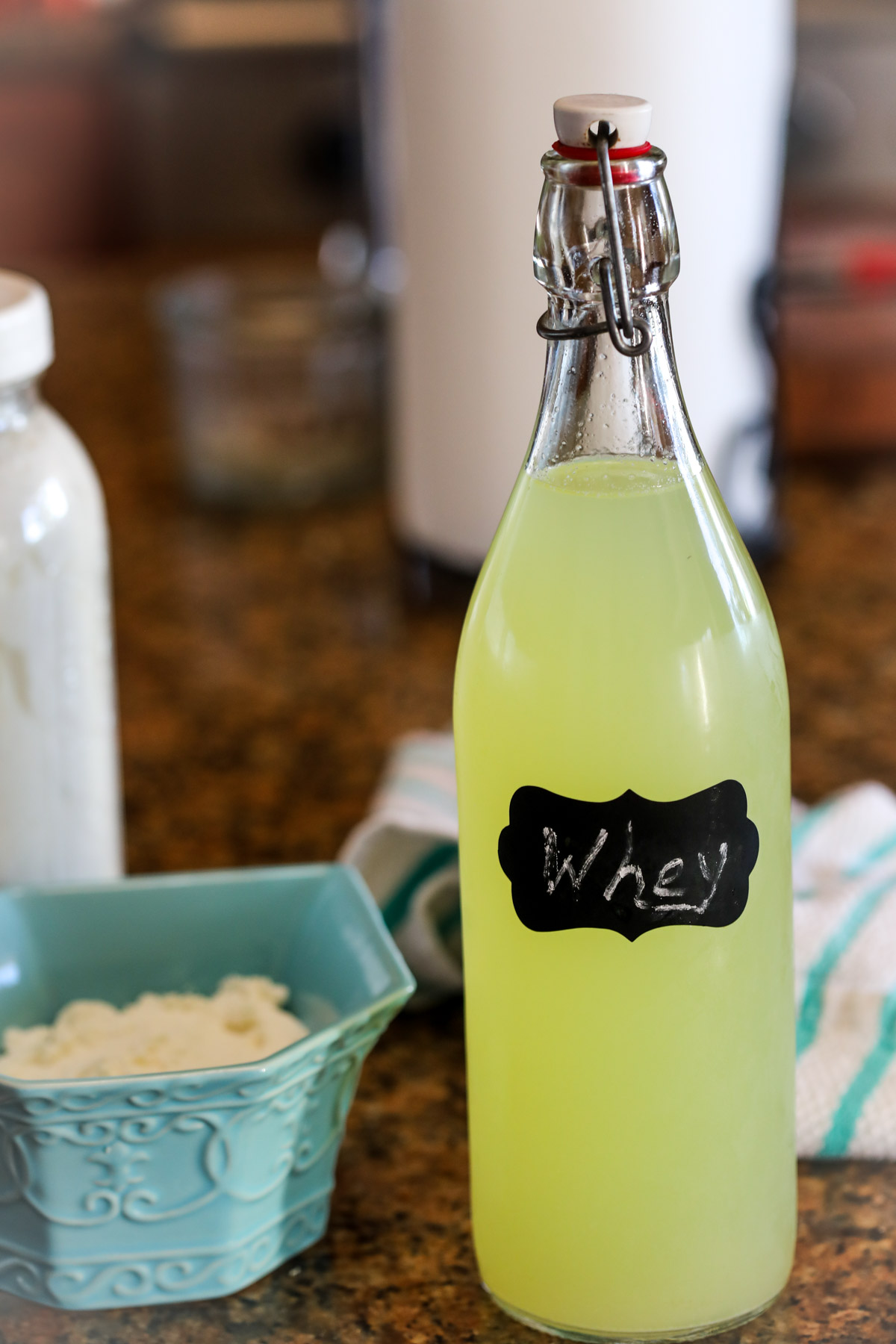
Whey The Liquid Gold in Kefir Cultured Food Life
Listen To My Podcast. If you're making kefir, and especially kefir cheese, you're going to wind up with a lot of whey. Whey has been called liquid gold, and it has been used throughout history to help with many diseases. Lactoferrin, a special protein in whey, acts as a powerful antimicrobial and anti-inflammatory that helps the body heal.
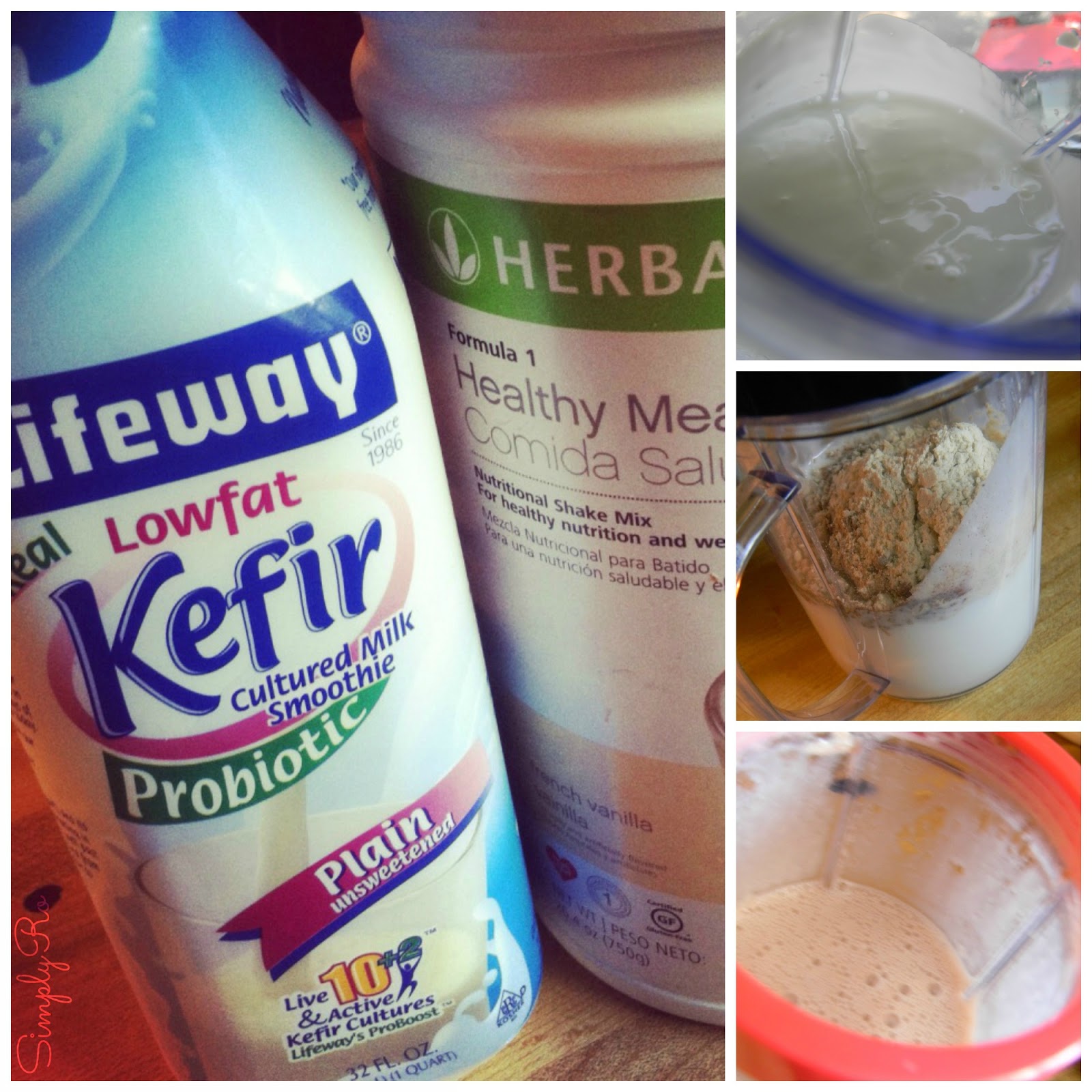
Simply Ro Influenster Lifeway Kefir Review
Whey has less Vitamin A RAE, Phosphorus, and Calcium than Kefir. Kefir covers your daily need of Vitamin A RAE 19% more than Whey. Kefir has 3 times more Calcium than Whey. While Kefir has 130mg of Calcium, Whey has only 47mg. These are the specific foods used in this comparison Kefir, lowfat, plain, LIFEWAY and Whey, sweet, fluid.
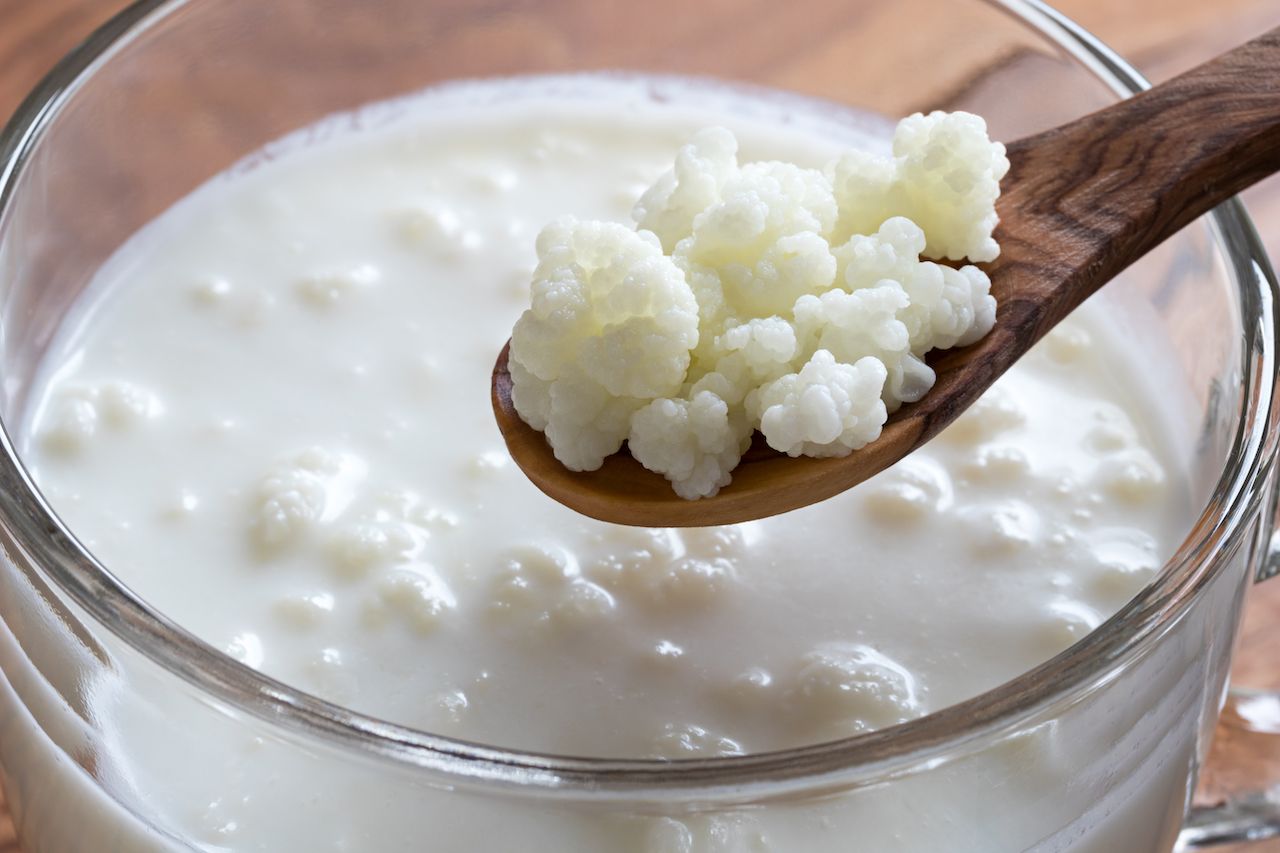
What Is Kefir? Health Benefits, History, and Everything You Need To Know
Kefir separates because the enzymes present in kefir grains coagulate the milk and separate it into whey and curds. When milk is coagulated (or curdled) its casein micelles are destabilized, re-aggregated and immobilized and form the firmer top half of the fermented kefir: the curd. Although this sounds rather complicated the actual process of.